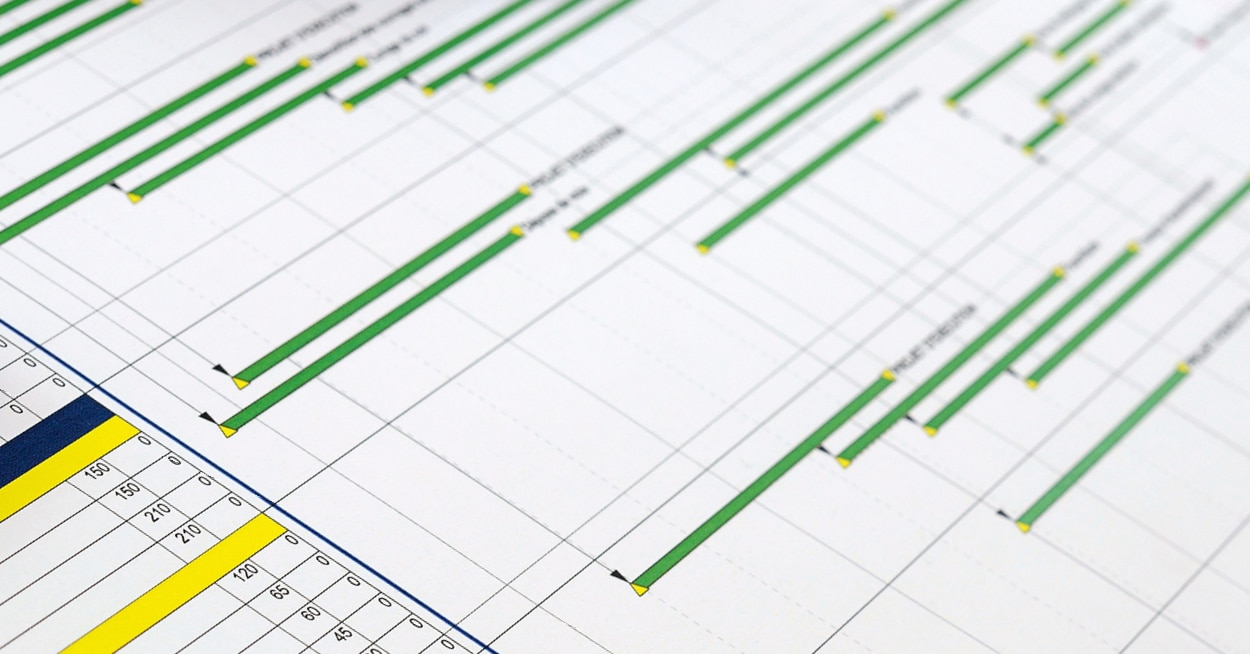A Windows Analysis, sometimes referred to as a contemporaneous period analysis, is one of the more commonly used methods of forensic schedule analysis. In this post, we provide an overview of the method along with a brief discussion of its strengths and weaknesses.
What is a Windows Analysis?
A Windows Analysis is a forensic technique that involves interim assessment of delays on updated schedules at specific intervals or “windows”. In applying this methodology, the overall performance period being analyzed is partitioned using available contemporaneous progress updates. The start and finish dates for each “window” are typically determined by the data dates of two consecutive updates.
The analysis begins with the baseline construction schedule and proceeds chronologically through the available updates, monitoring progress along critical and near-critical activity sequences. For each interval, the previous status update is assigned as the baseline for the analysis of delays over the next window. The method compares activity start and finish dates, durations and relationships between the updates and evaluates the effect of any change on the project’s completion date or interim milestones.
Ultimately, the Windows Analysis method utilizes contemporaneous schedule updates, in conjunction with as-built data, to quantify the delay impact. For this reason, the successful execution of a Windows Analysis depends on reliable baseline schedule information, contemporaneous progress updates, and verifiable as-built data.
Windows Analysis Pros and Cons
One of the key strengths of a Windows Analysis is that it considers the dynamic nature of the critical path from period to period. Because the model uses contemporaneous schedule data, the findings reflect the effect of delays as they arise during project execution. This use of actual schedule/planning data is typically preferred over re-created or modeled schedules that are generated after performance of the work for the purposes of analyzing delays. As a result, this method is widely recognized as a reliable approach because it is informed by the actual data relied upon during performance of the work.
Although the Windows Analysis method is one of the more widely accepted forensic delay analysis techniques, it does have drawbacks. While reliable, it requires a high level of scheduling data. Oftentimes, an approved baseline or reliable progress updates are not available on a project, thereby precluding application of the method.
Another drawback of the Windows Analysis method is that it is one of the more time consuming, and often expensive methods of delay analysis to implement. Tracing progress delays and measuring the effect of logic changes on complex/detailed schedule updates can be very involved. This is especially true when significant changes have been made between schedule updates.
When to Use a Windows Analysis
While a Windows Analysis may be technically advantageous it is not suited for every construction delay claim. Every construction claim has a multitude of unique factors that must be considered when choosing a methodology.
To learn more about VERTEX’s Construction Claims Consulting services or to speak with a Construction Expert, call 888.298.5162 or submit an inquiry.




